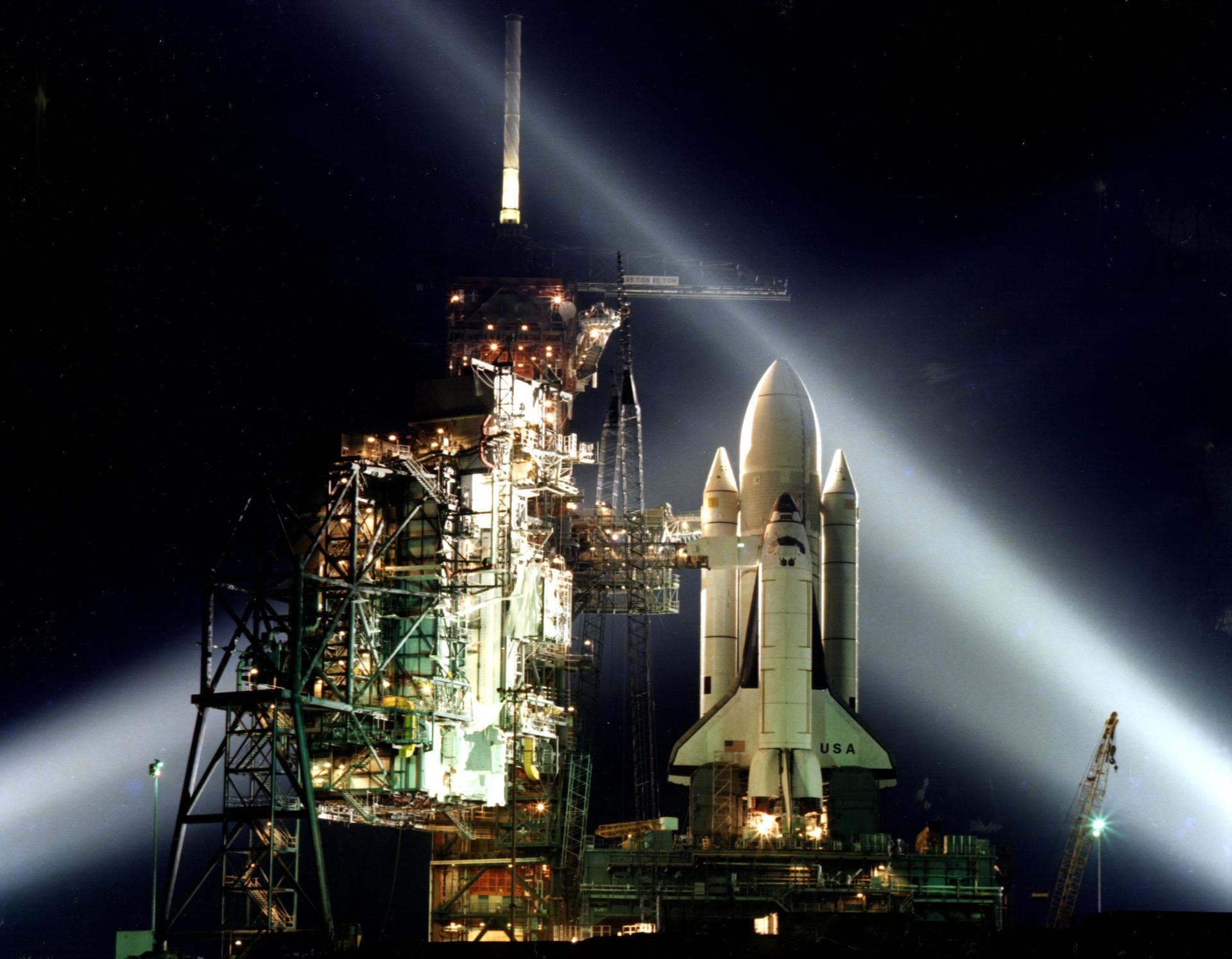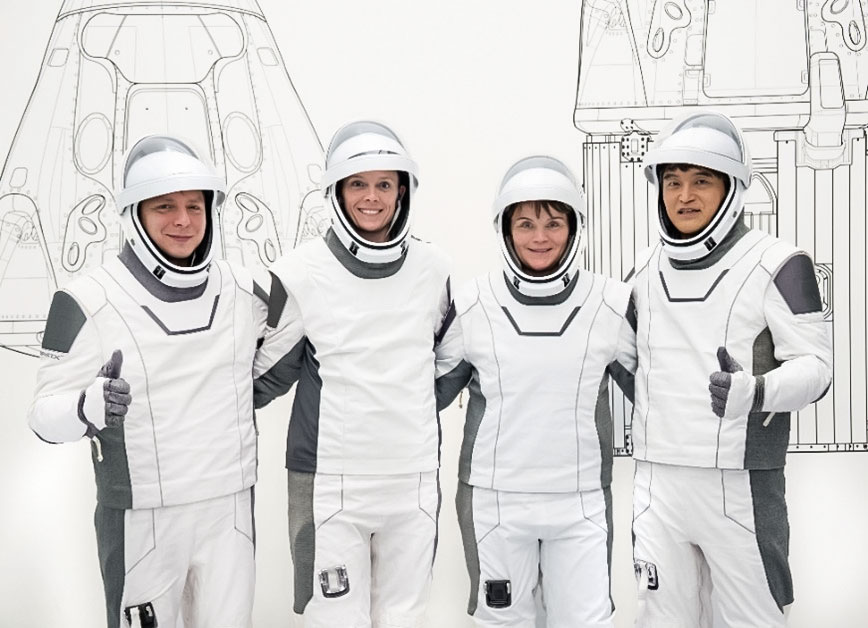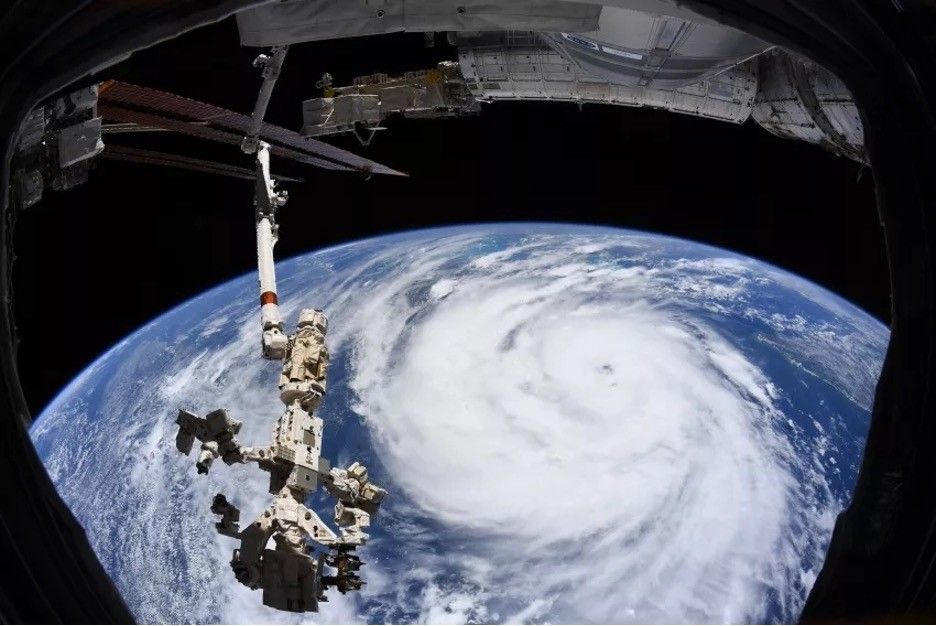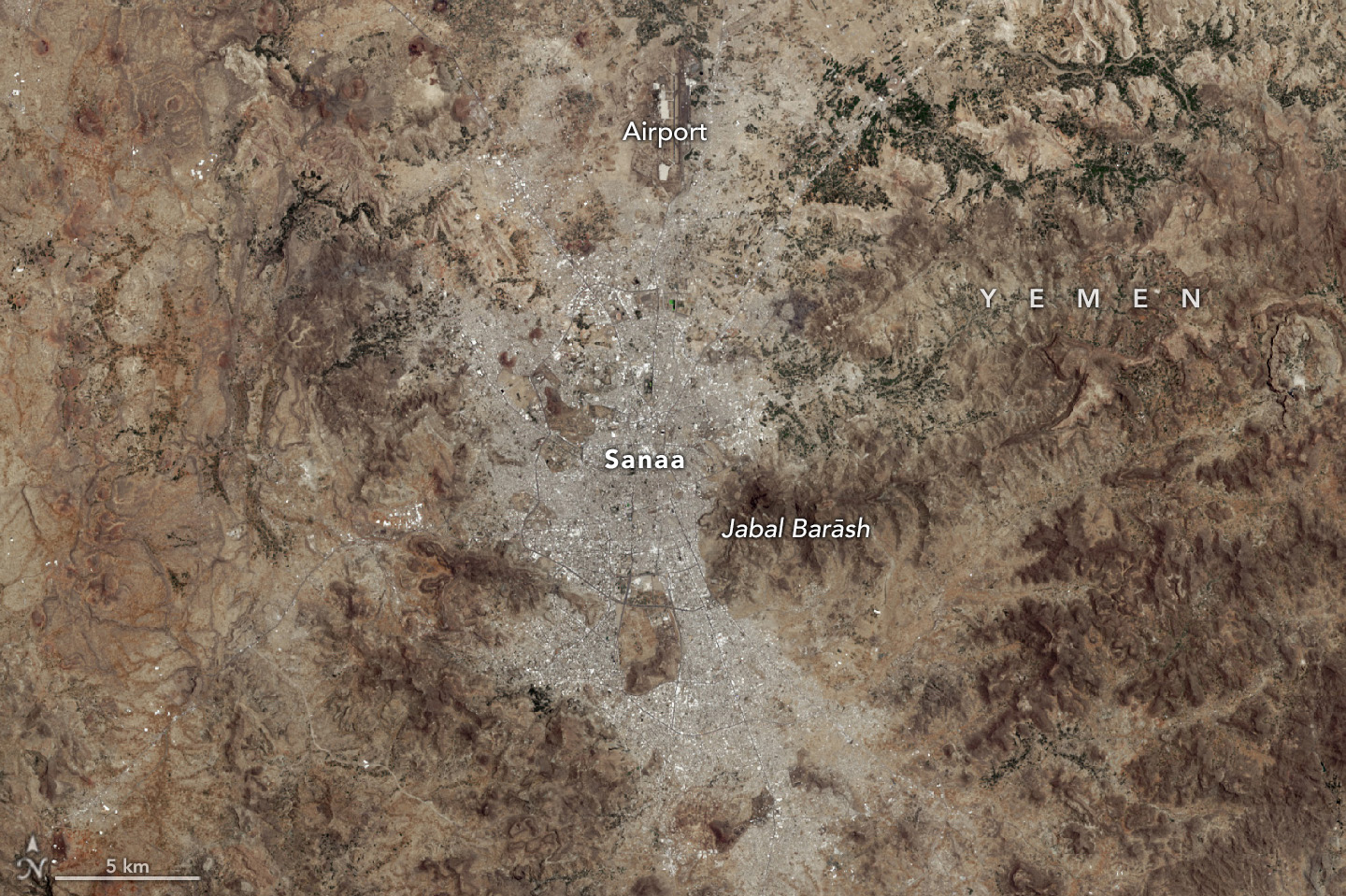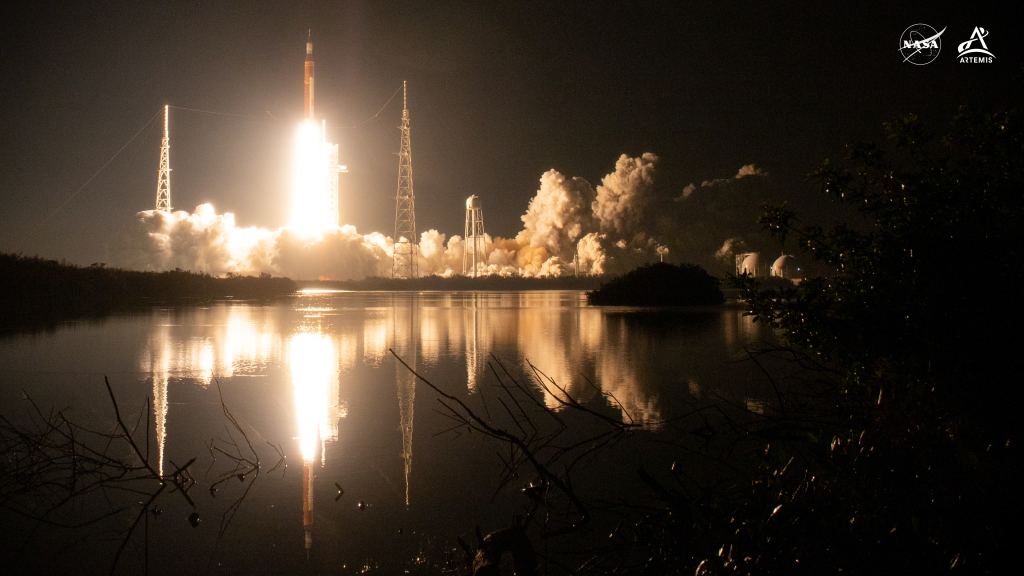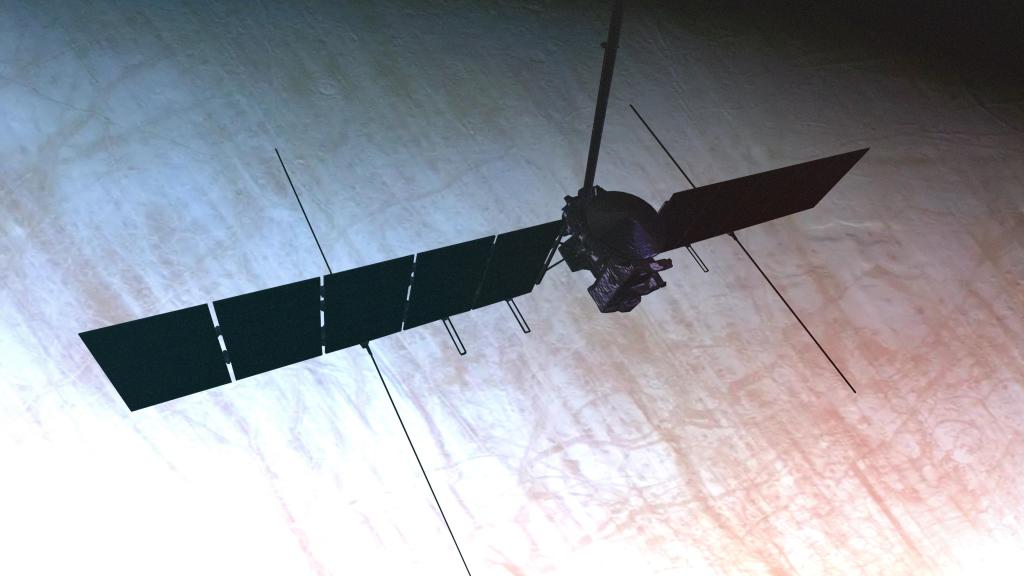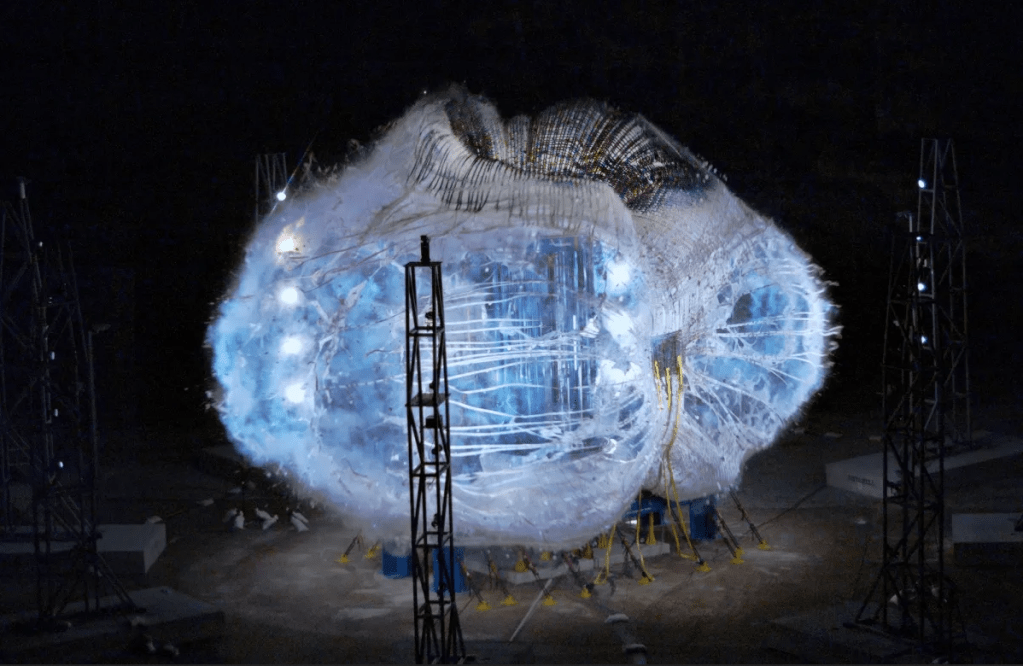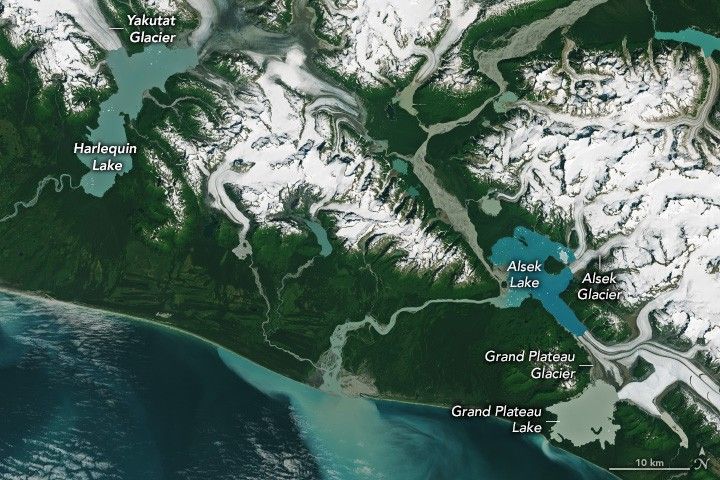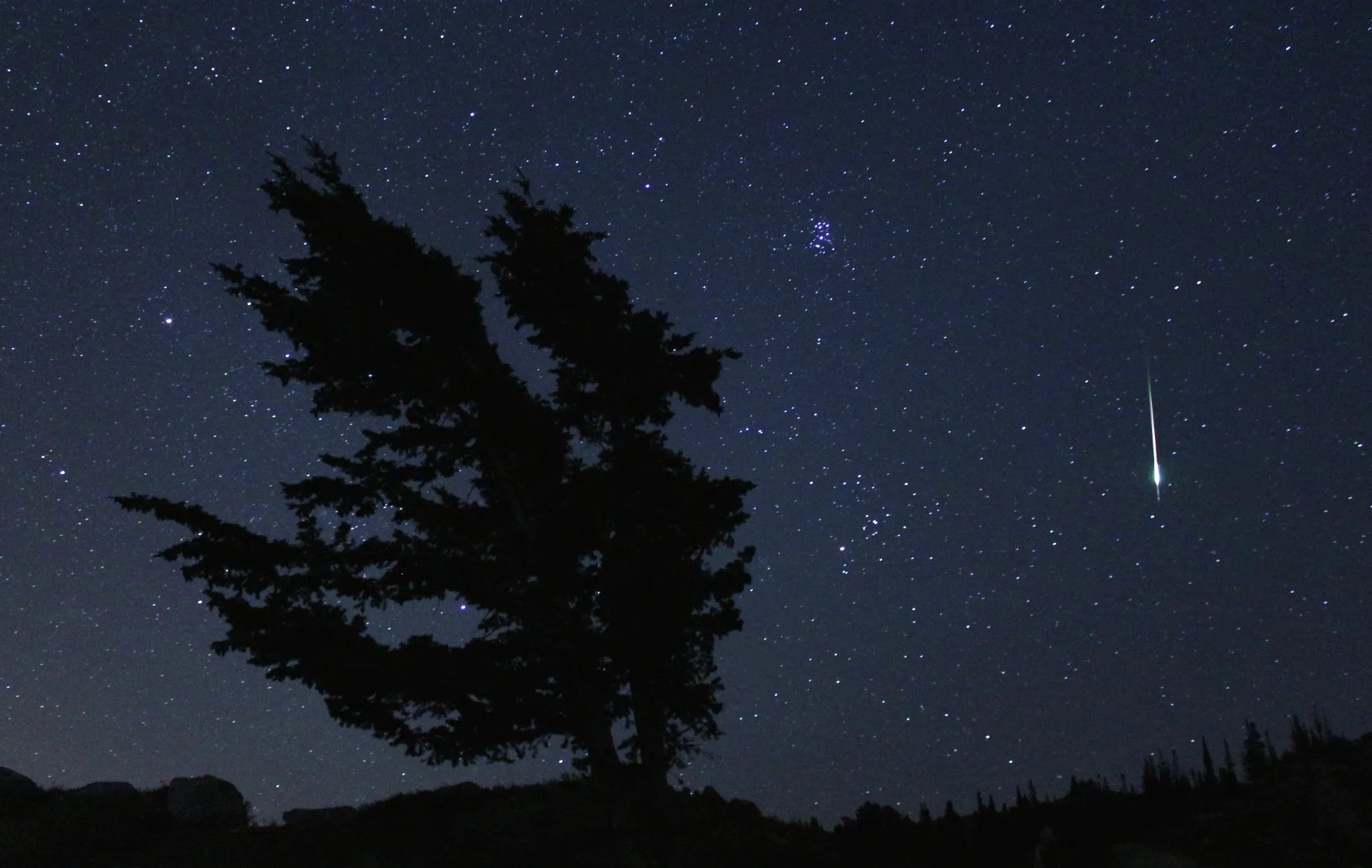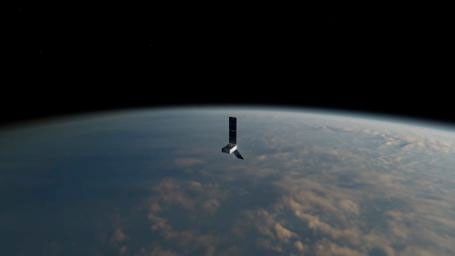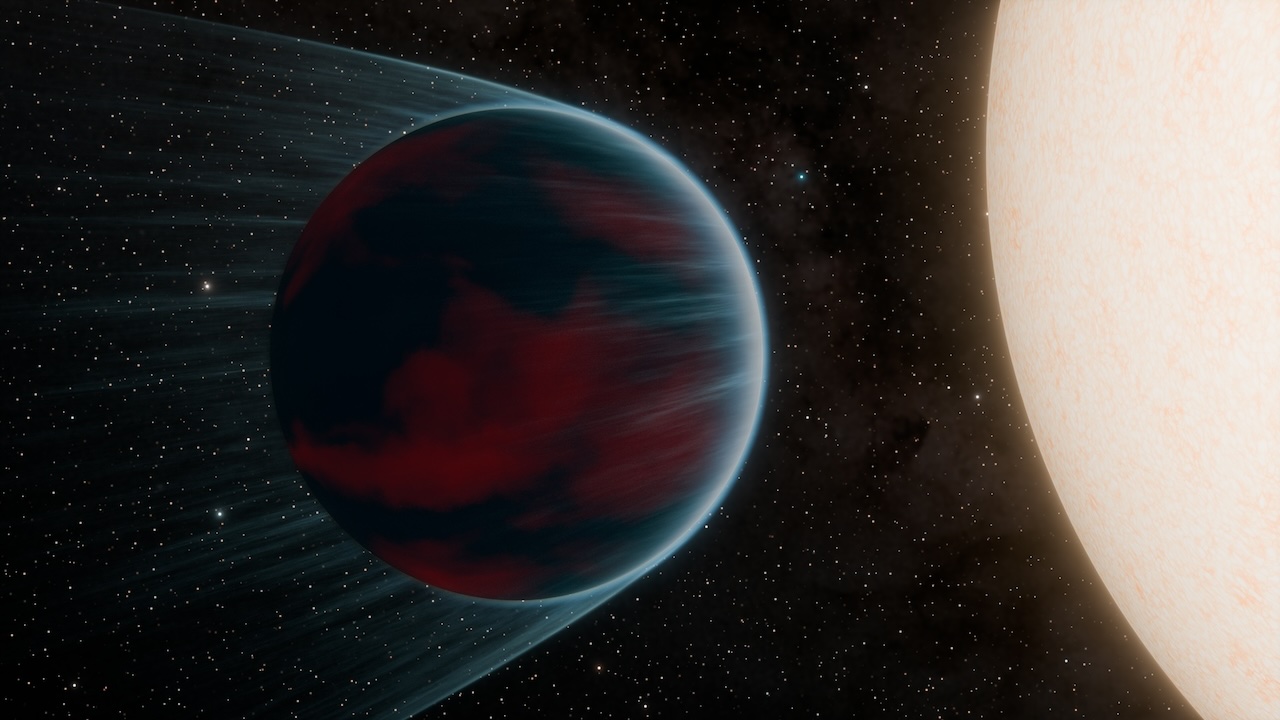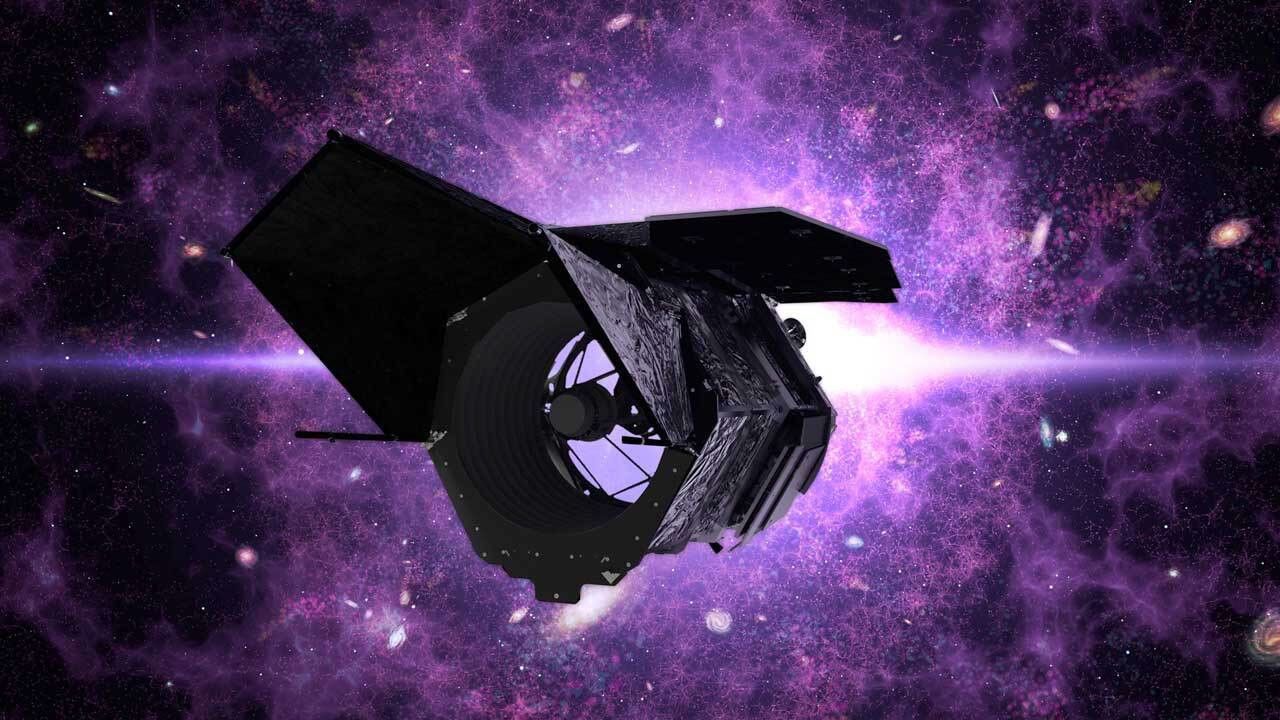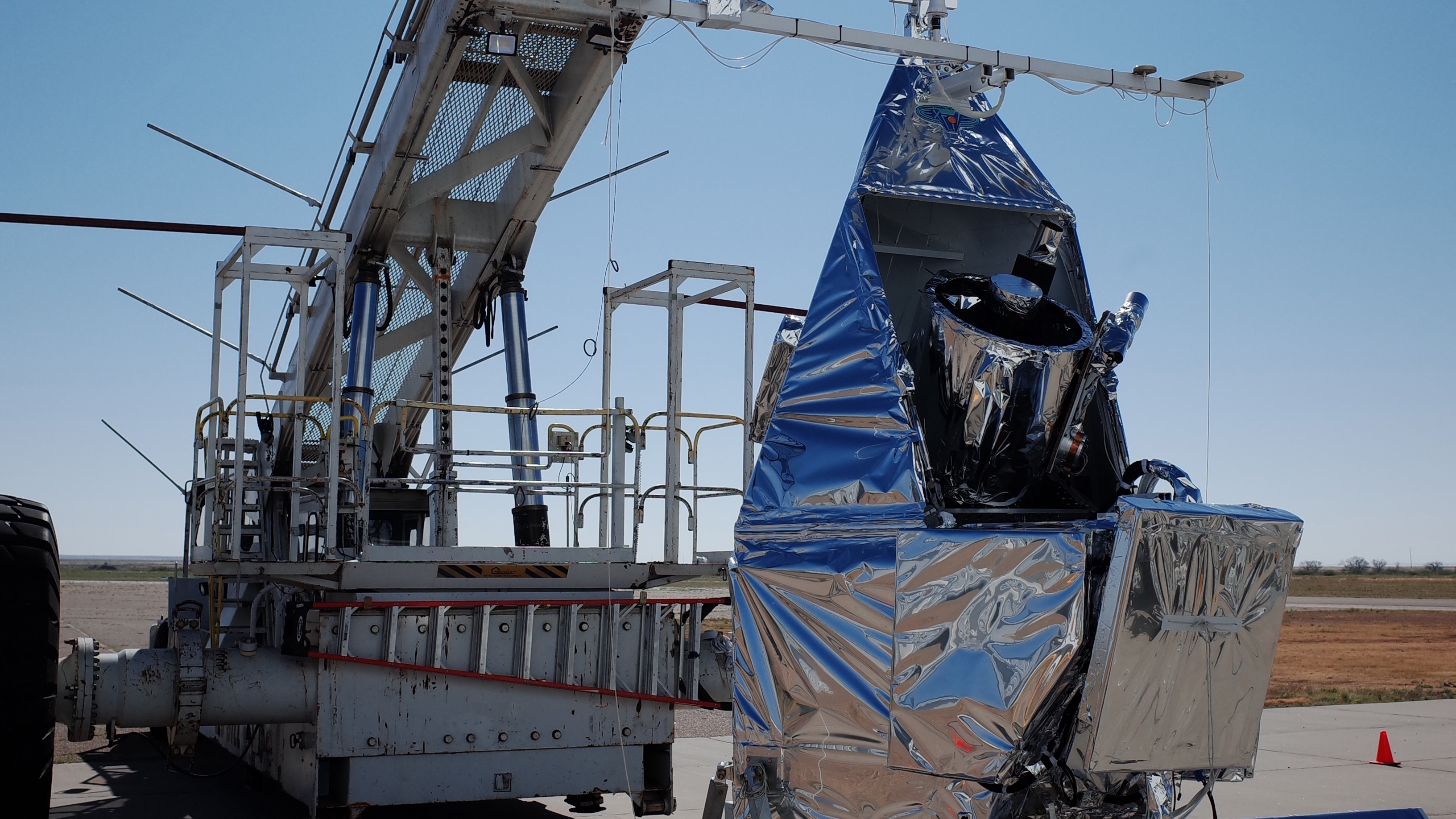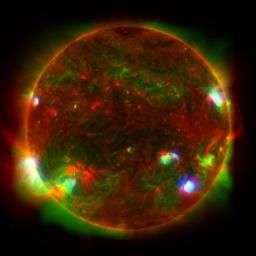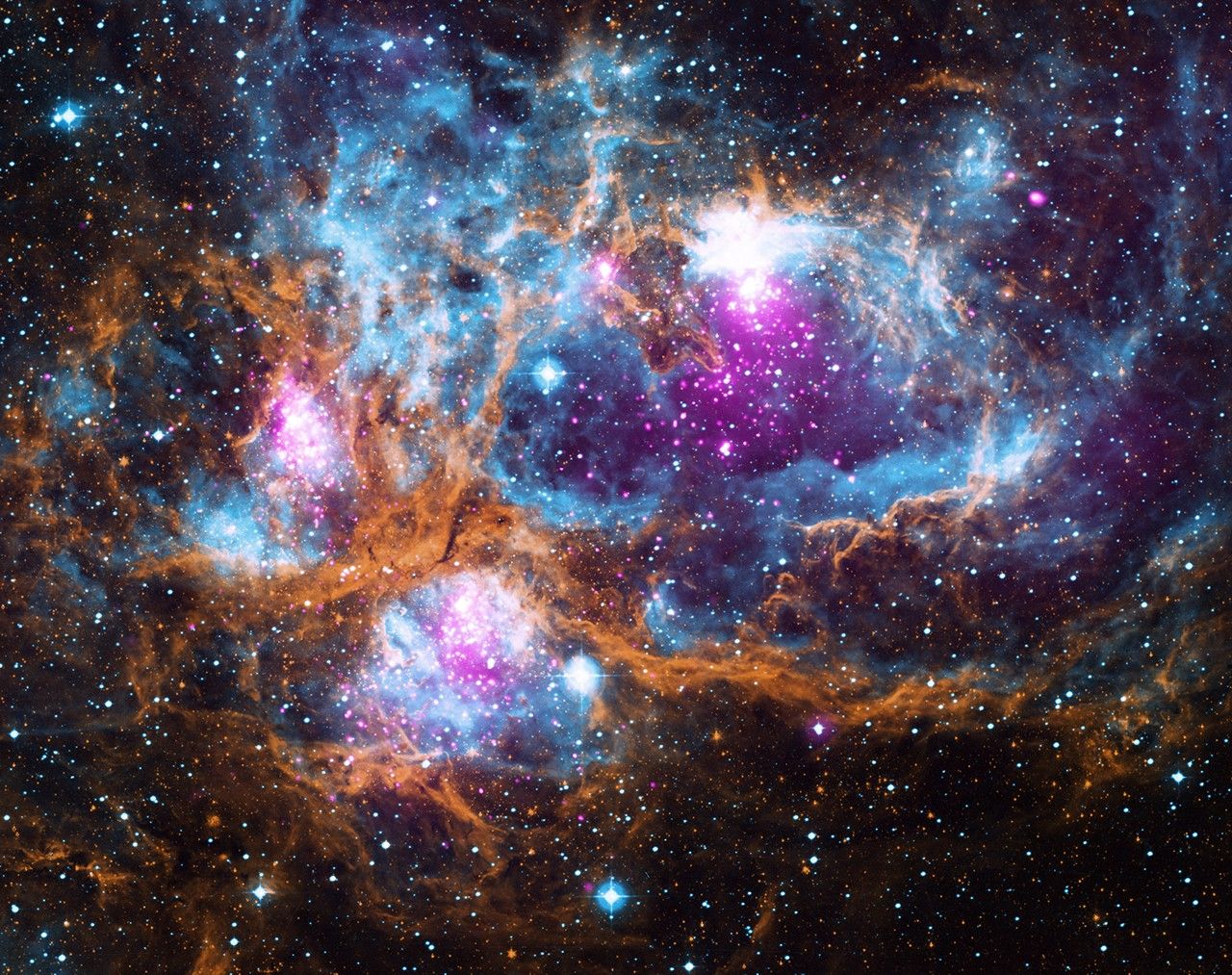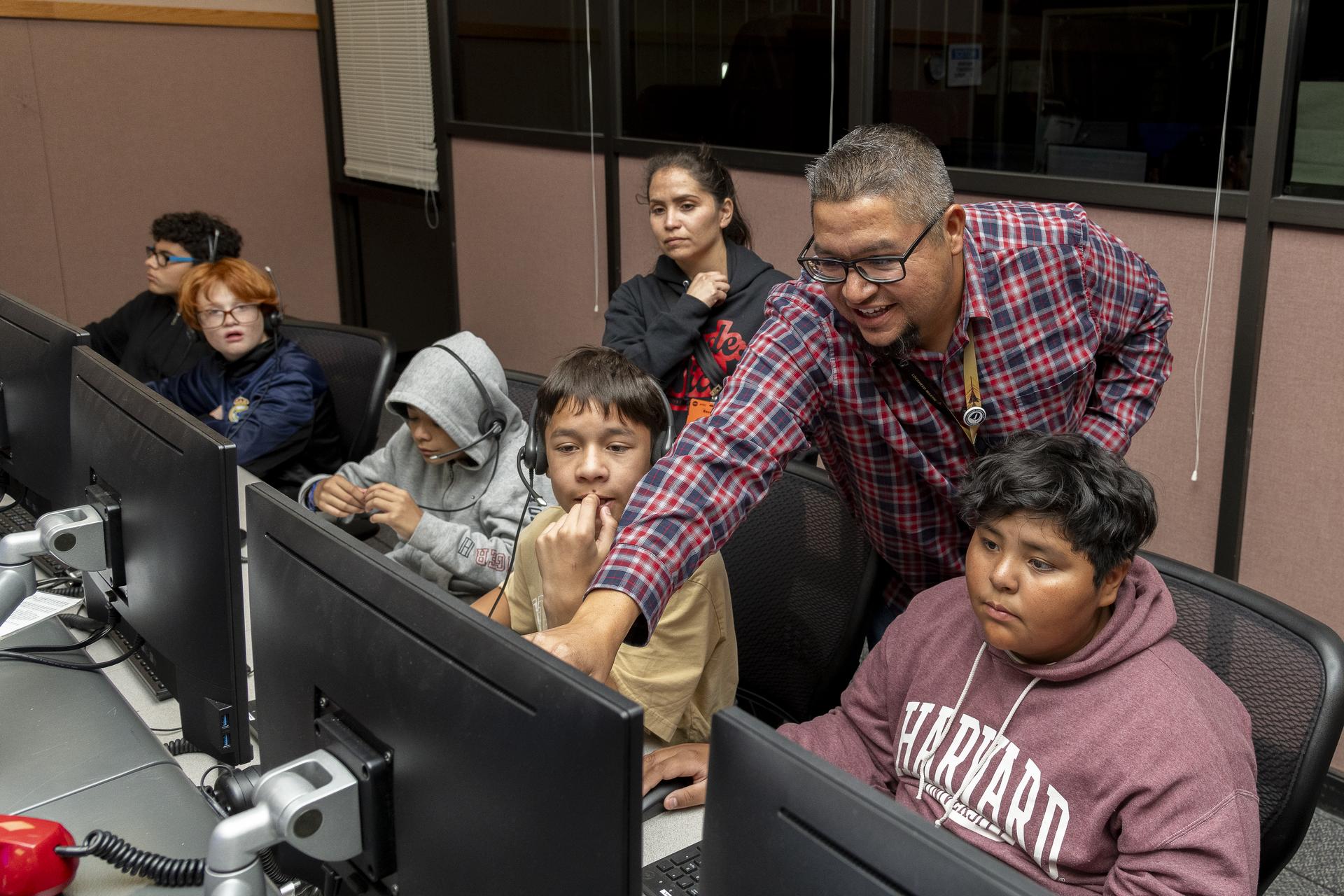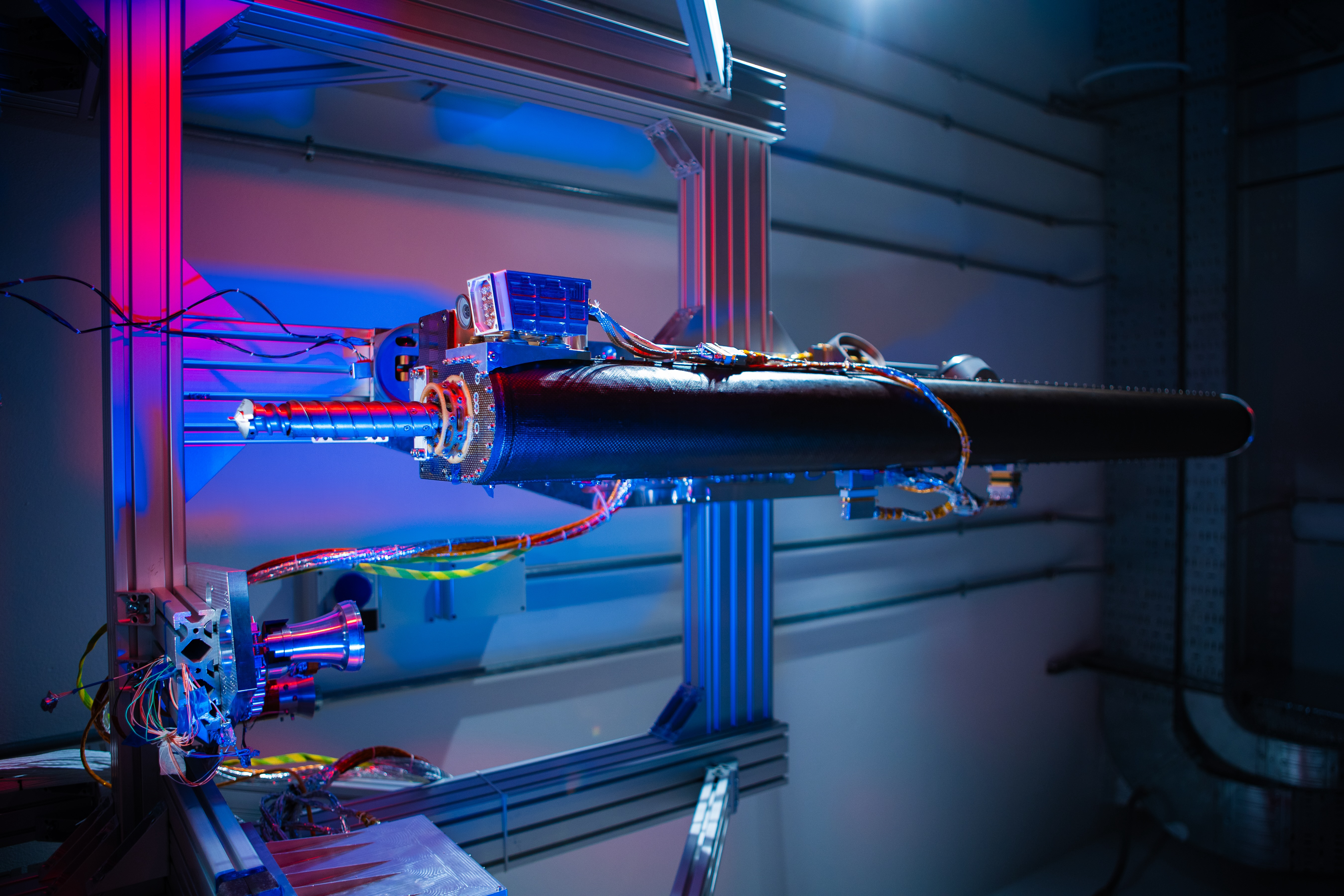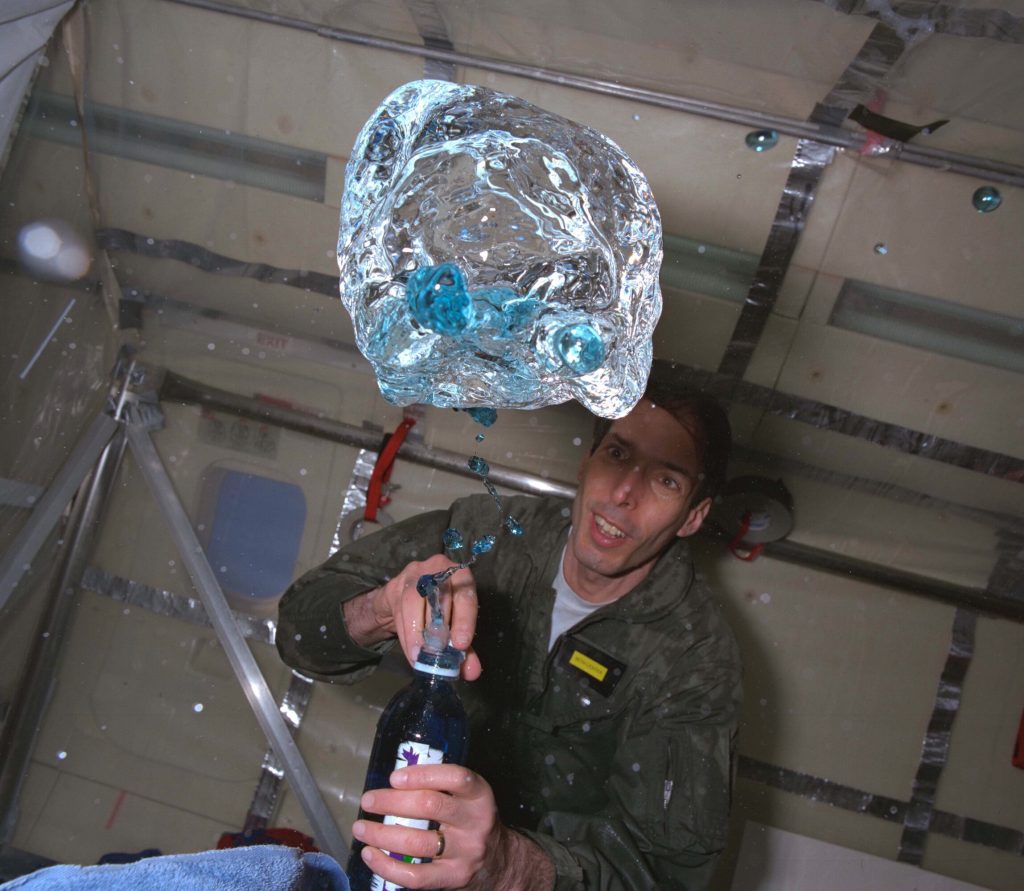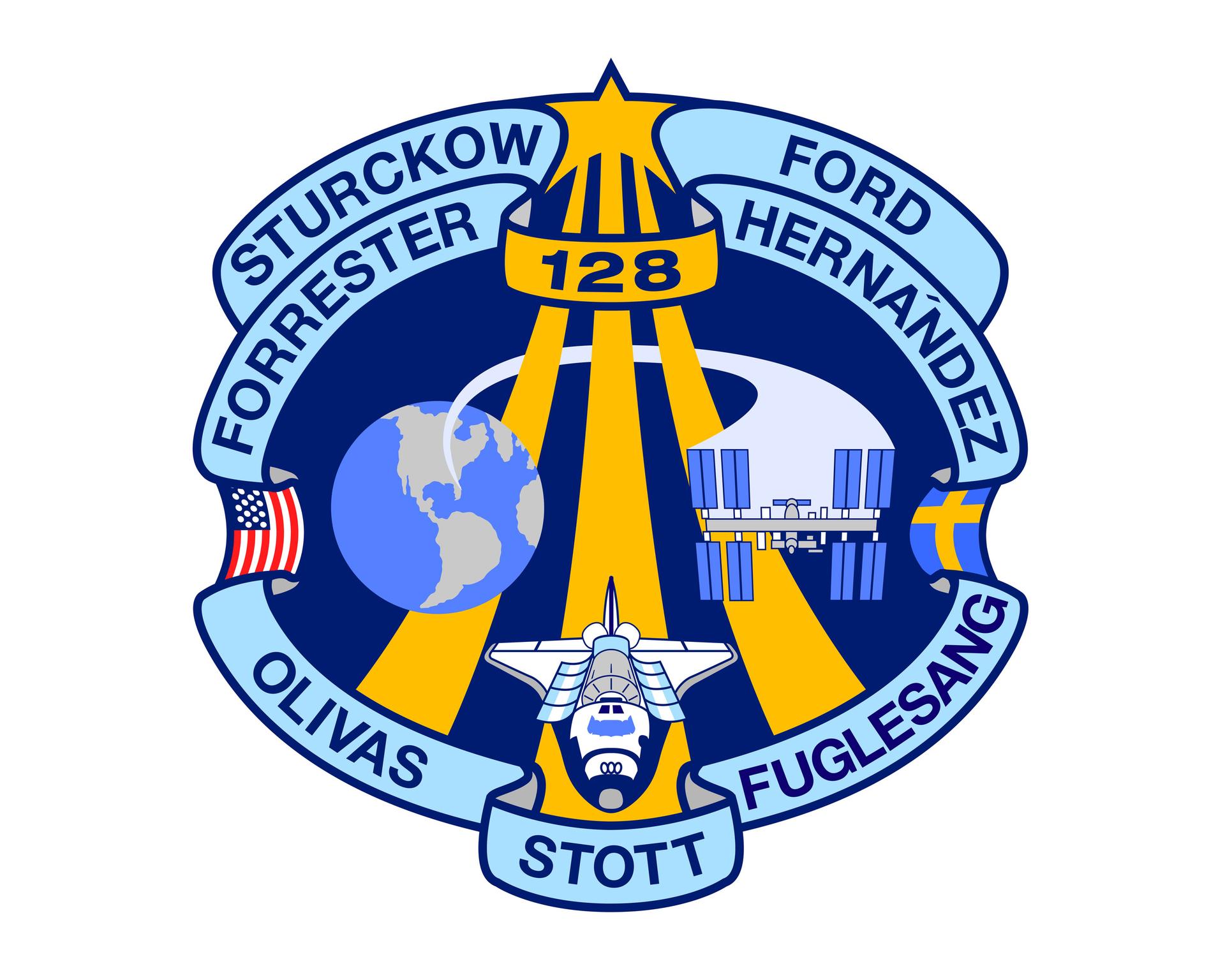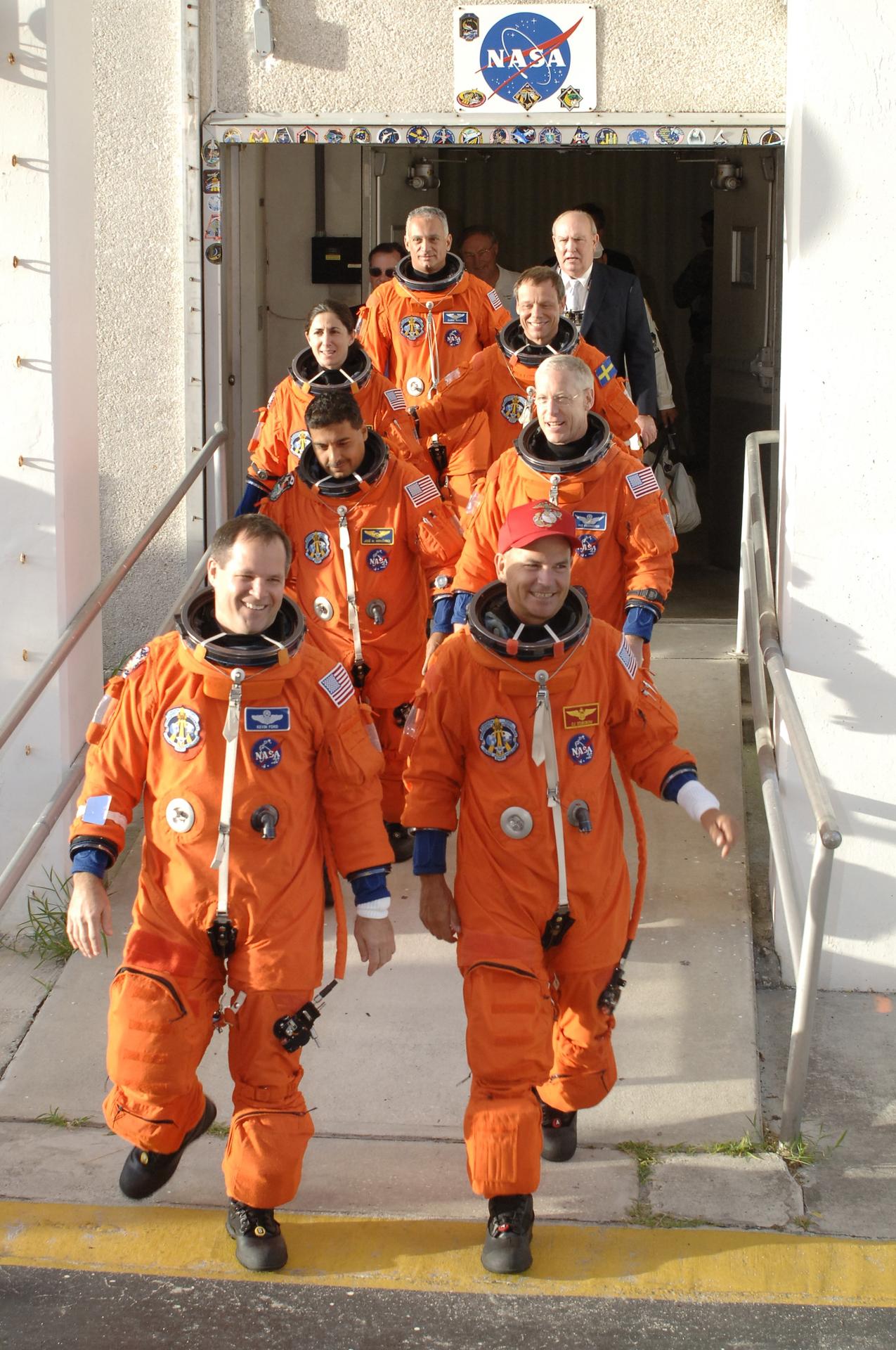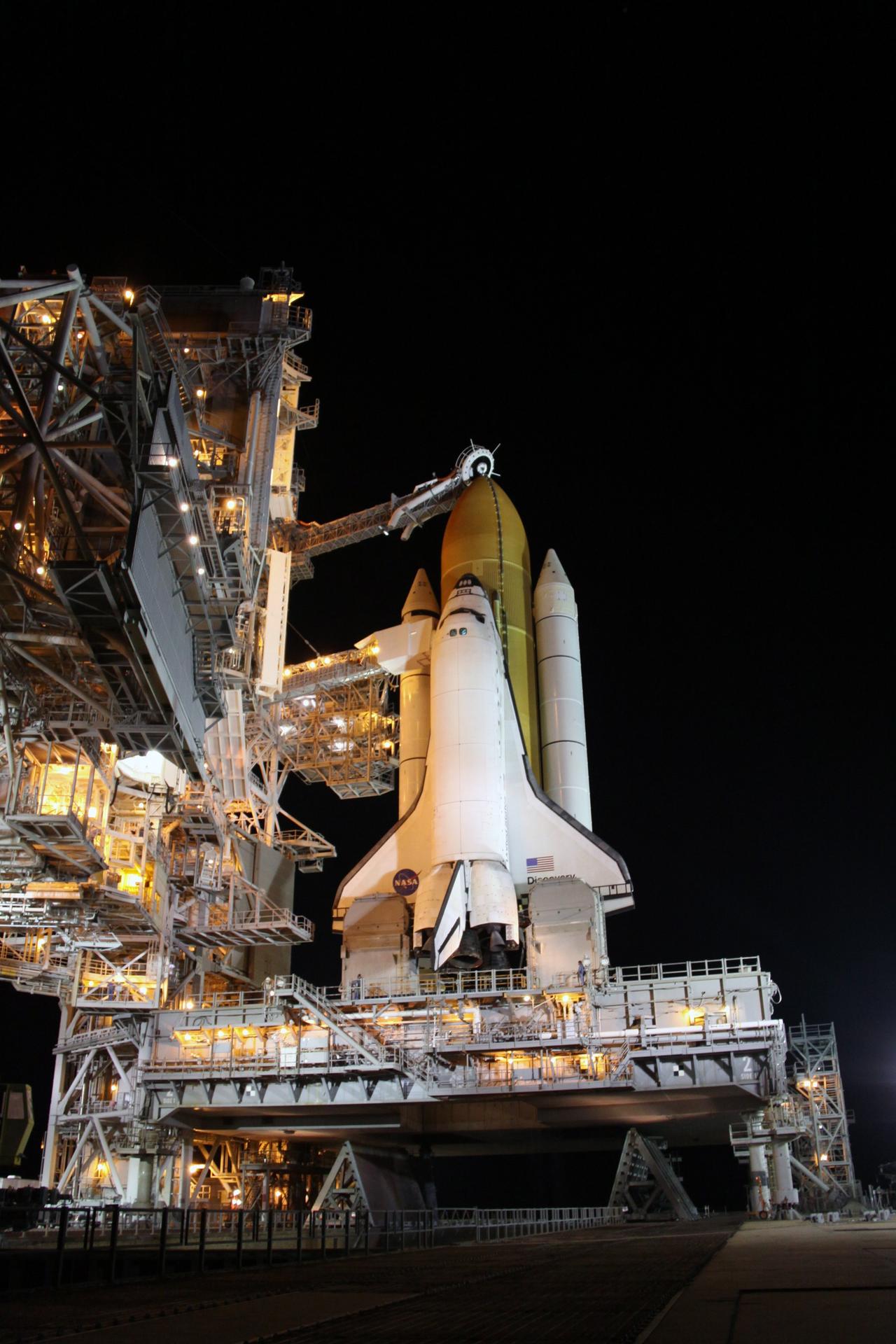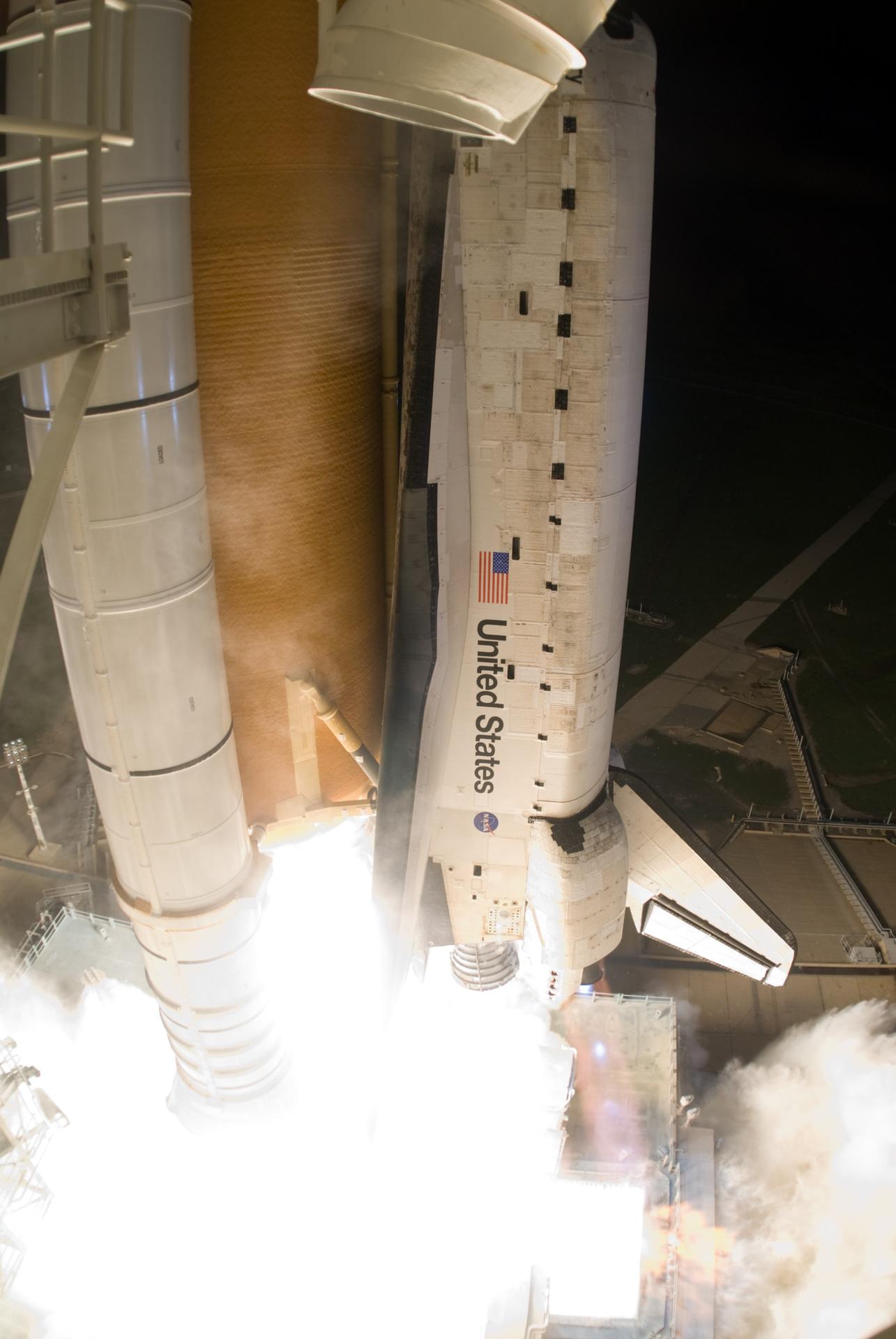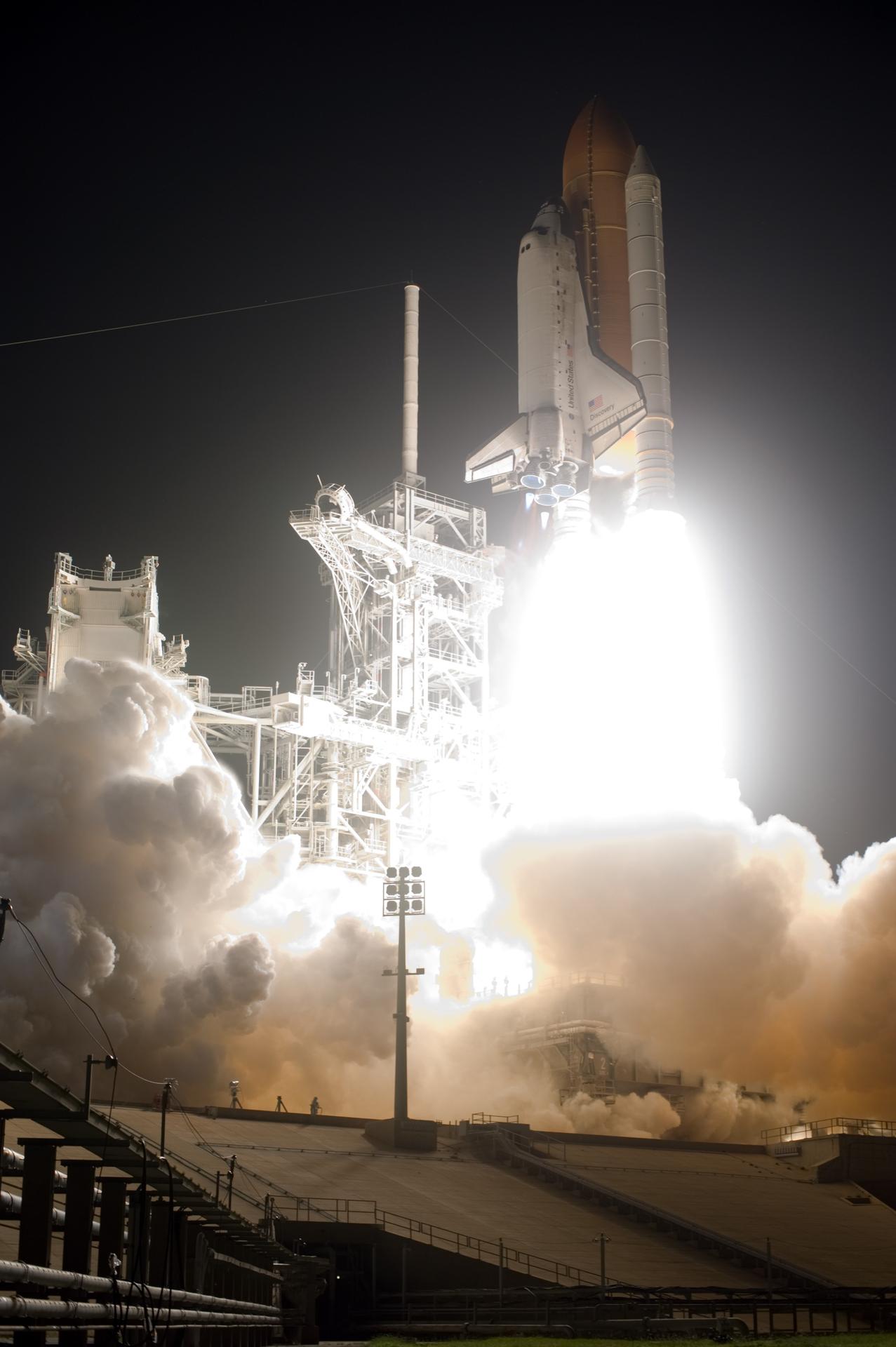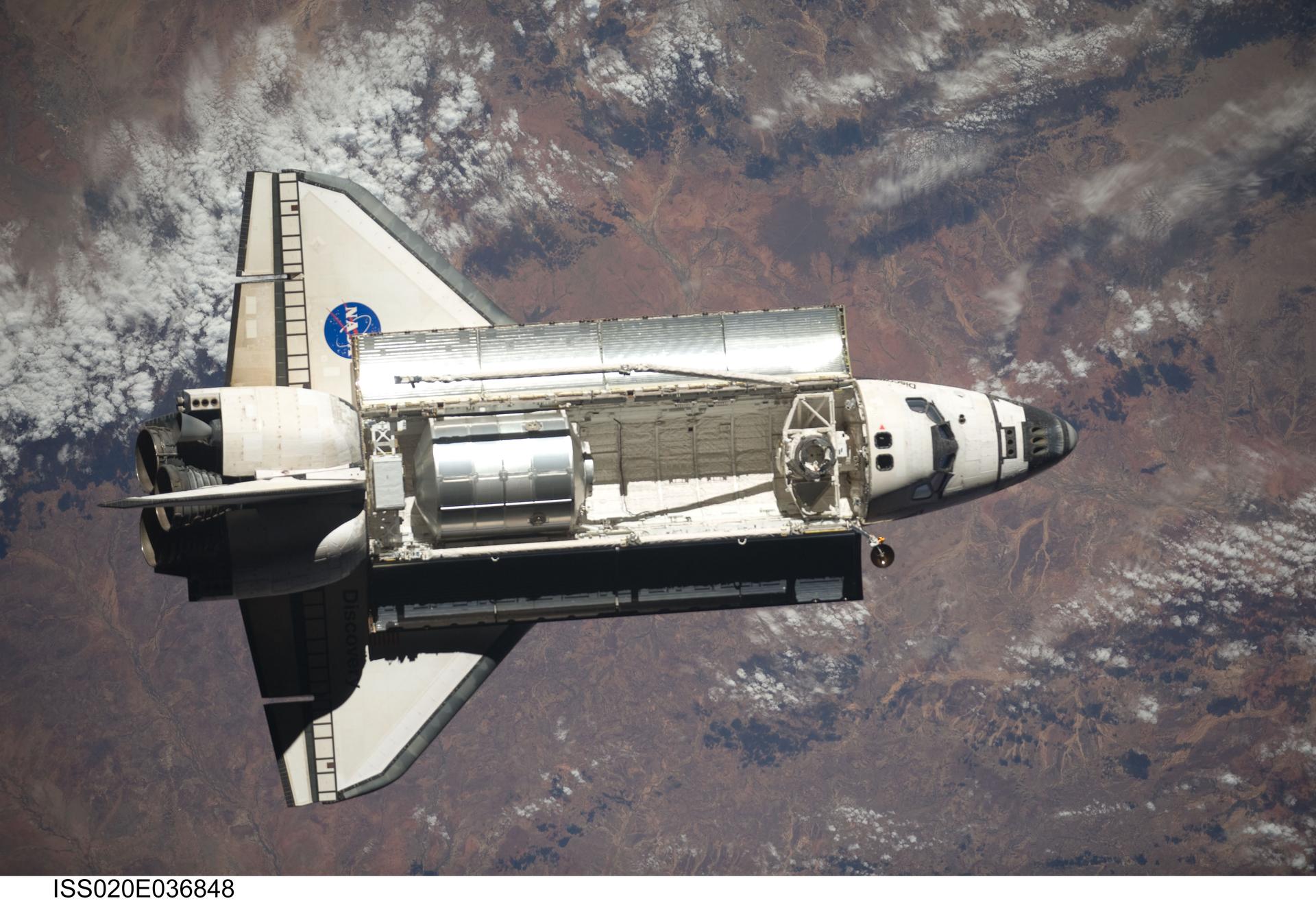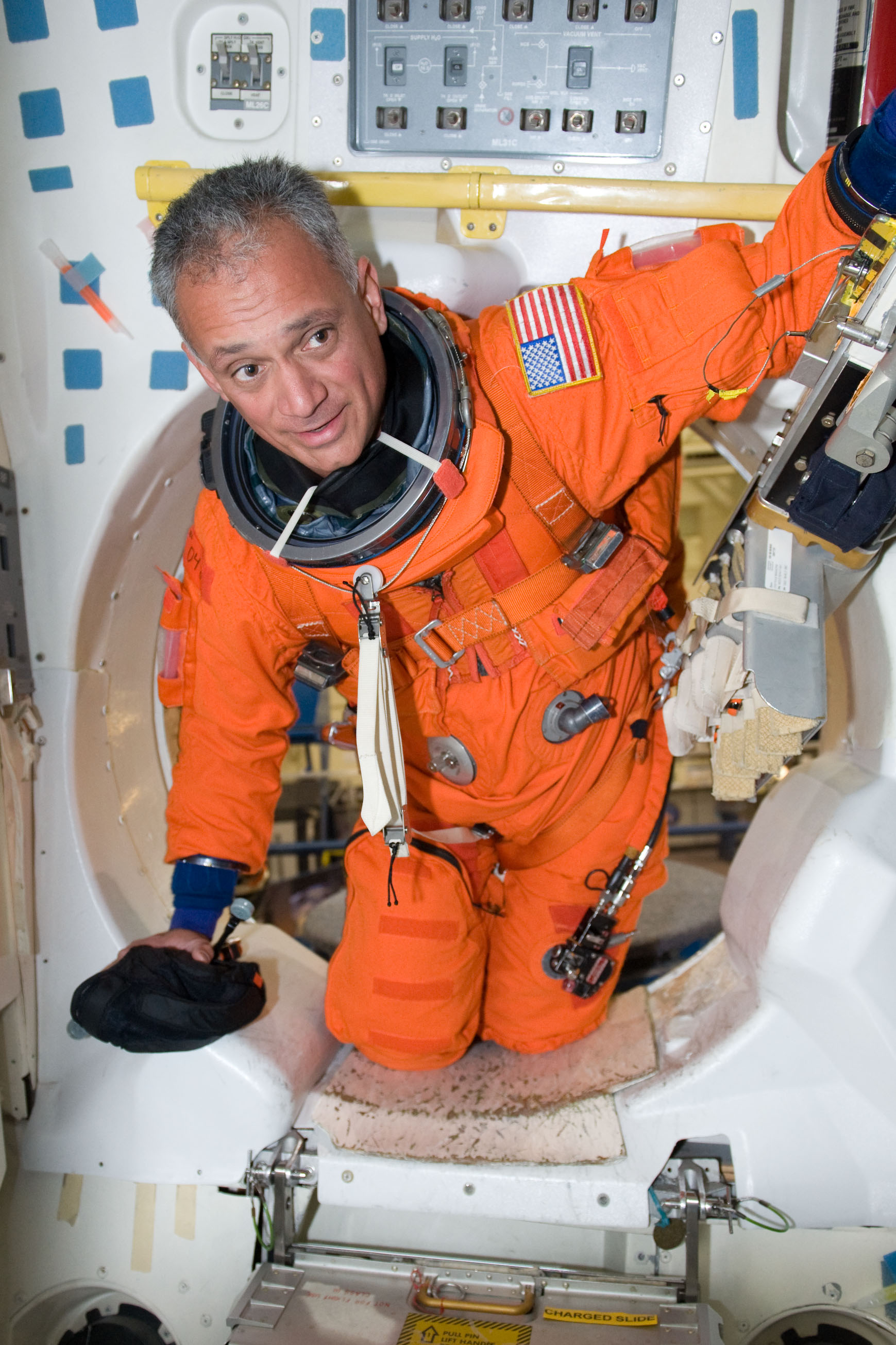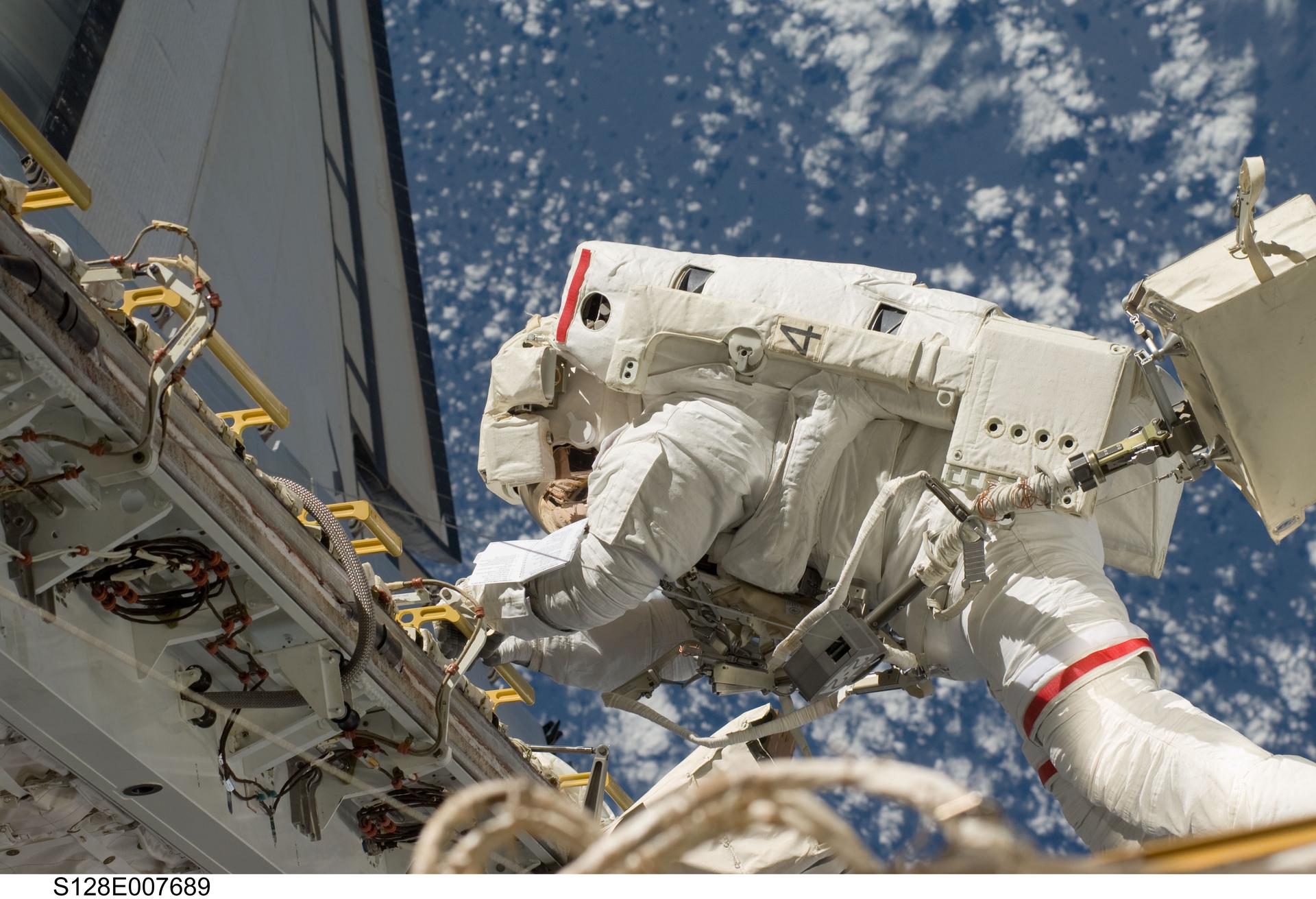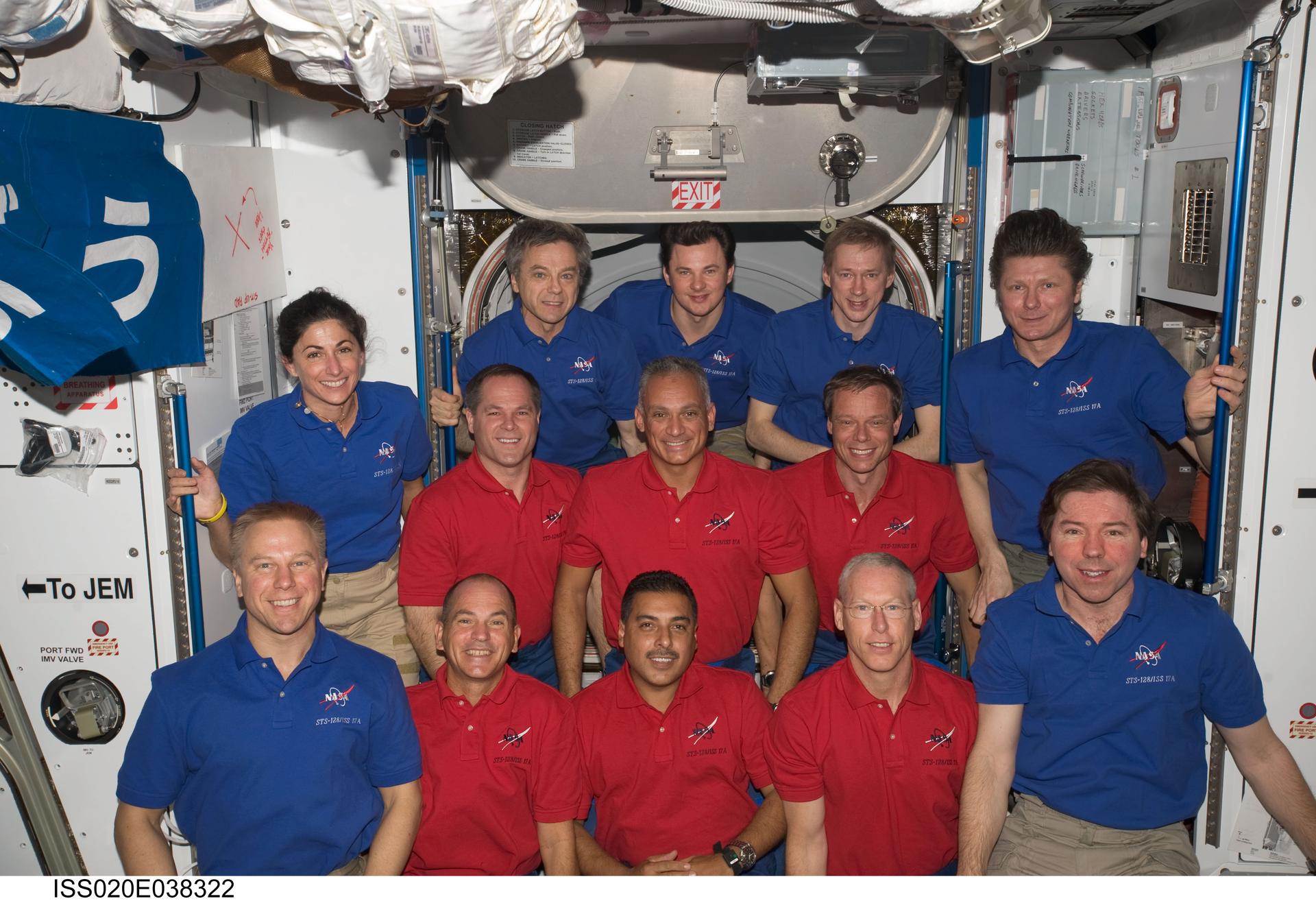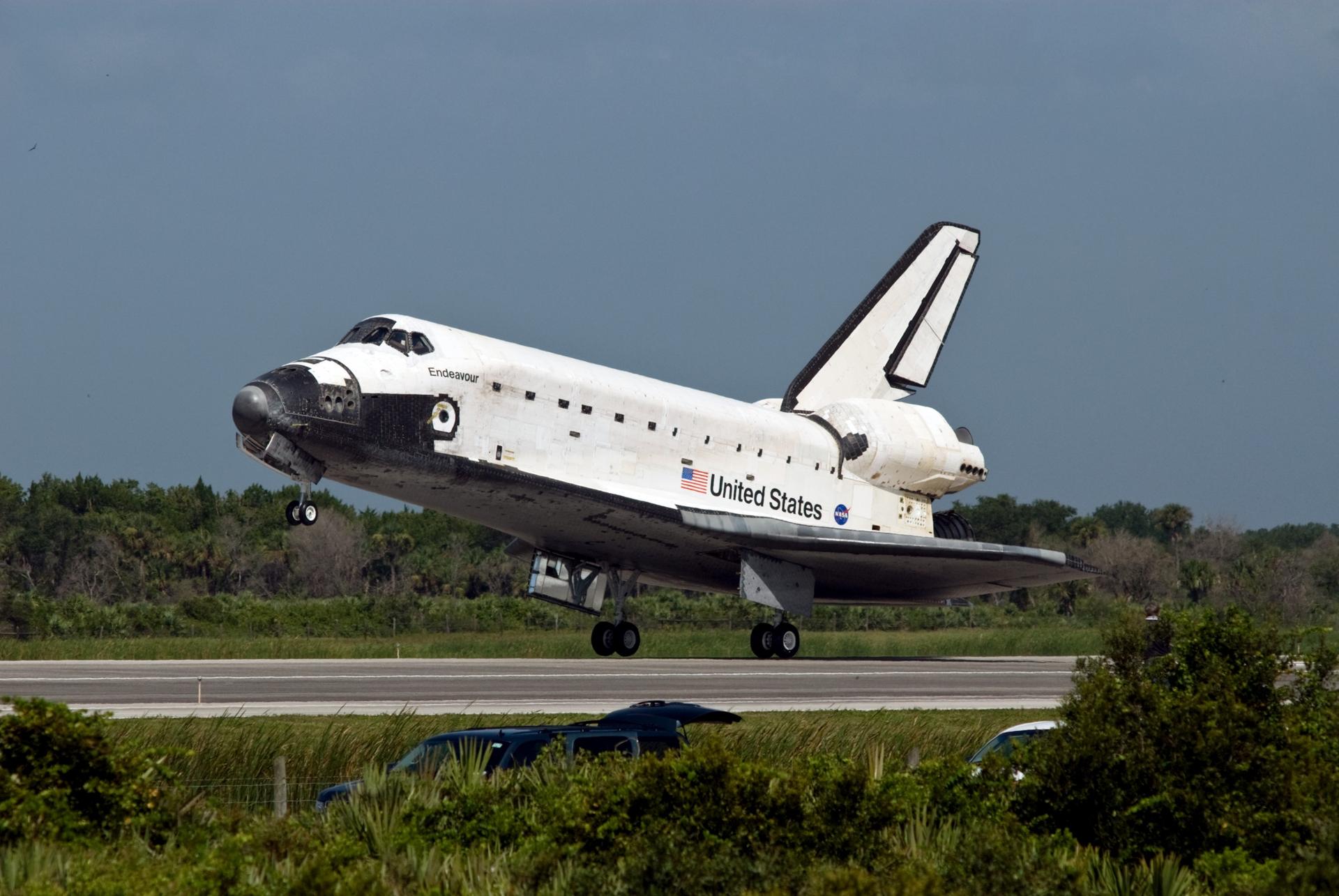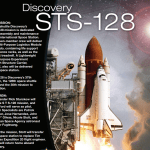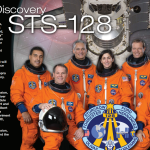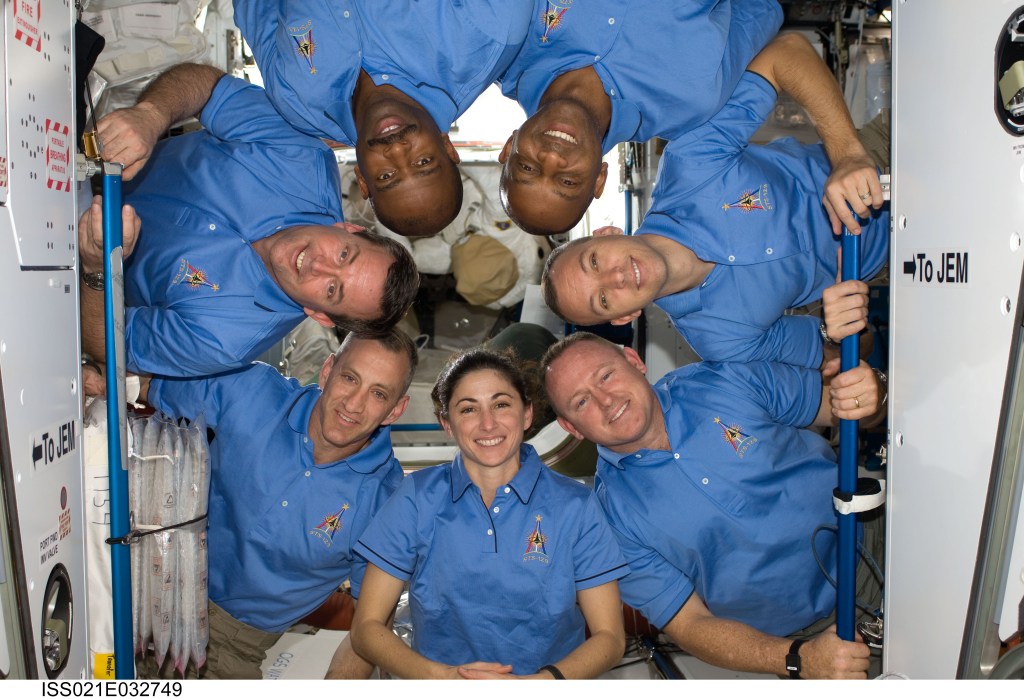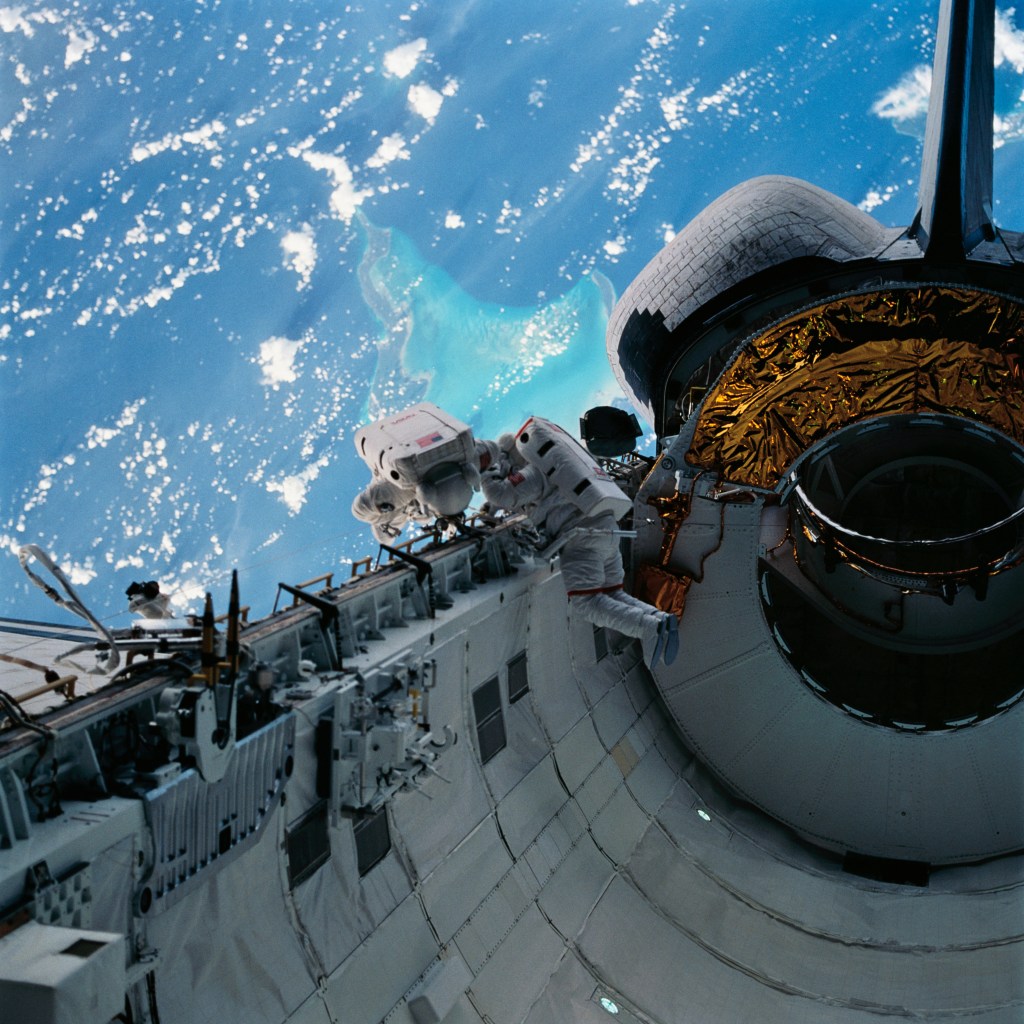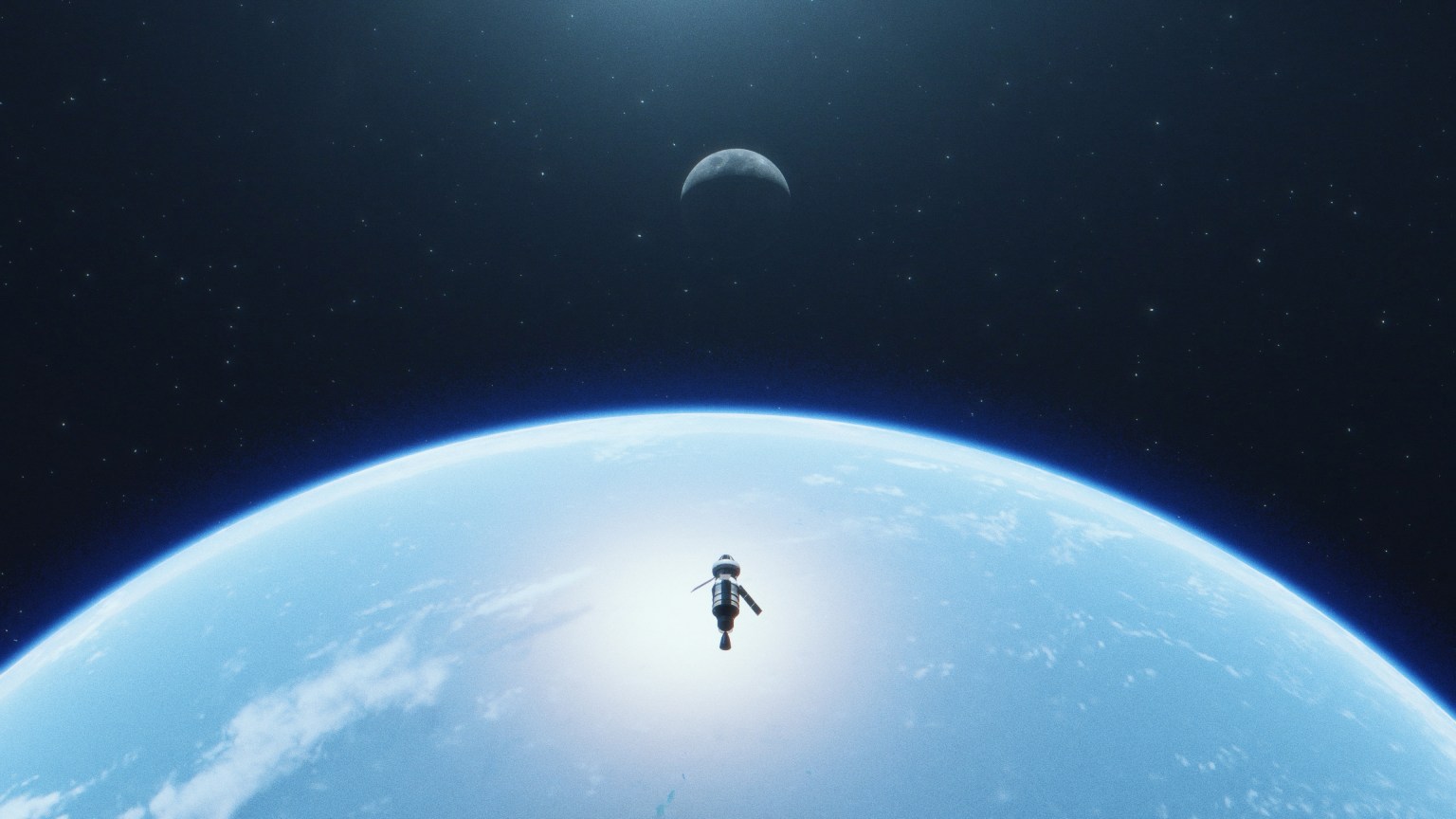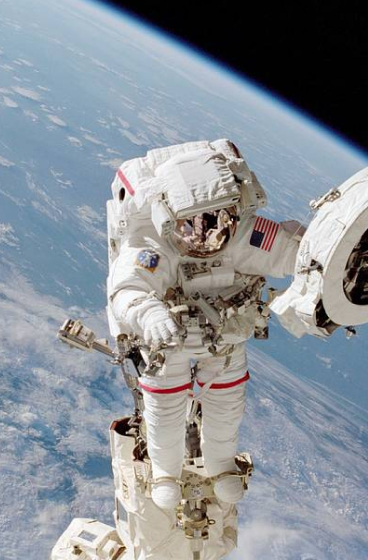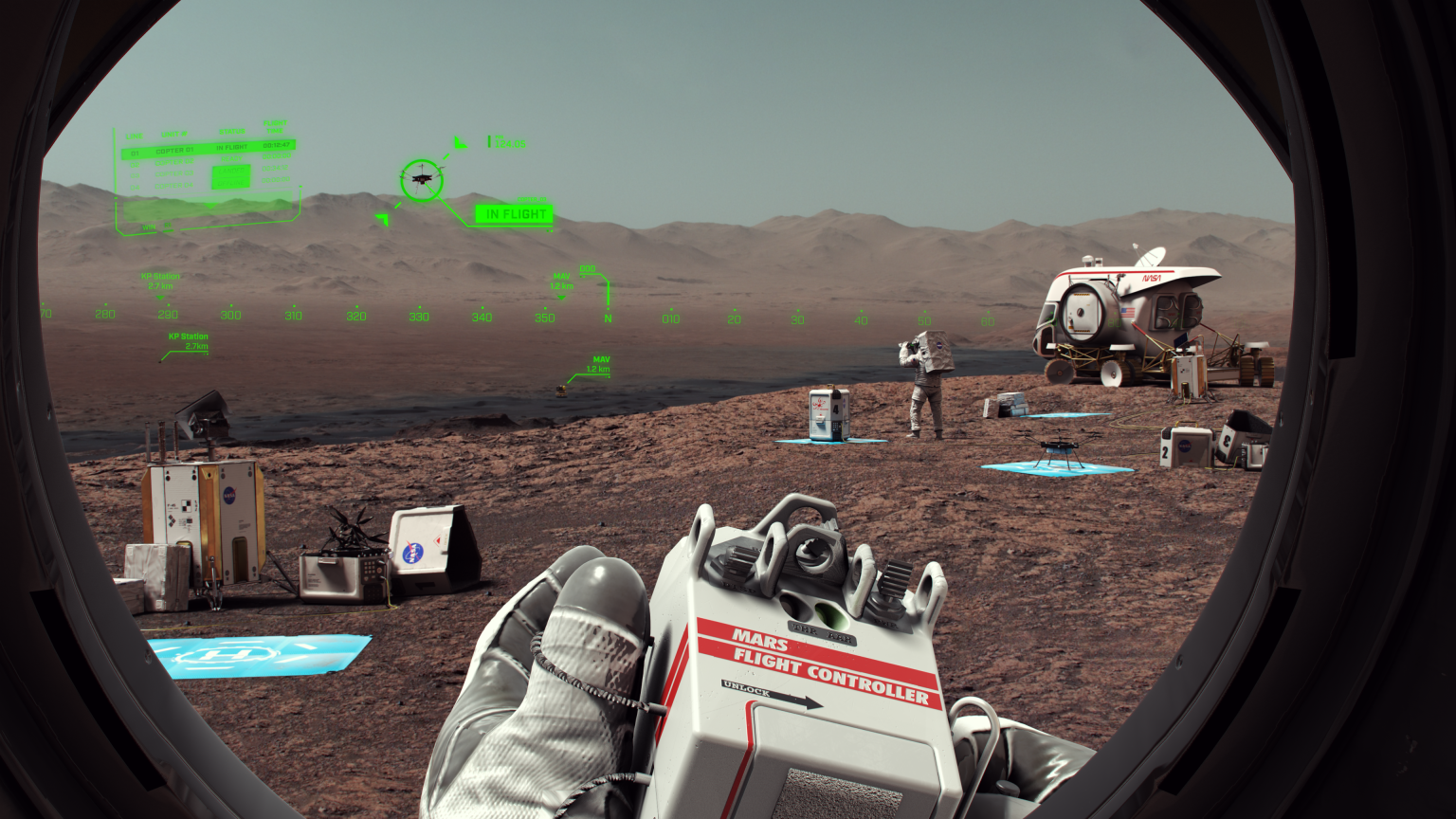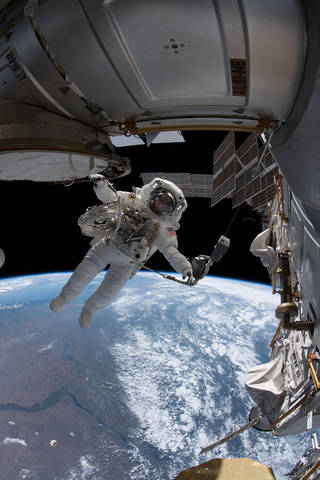
STS-128
Discovery carried the Leonardo Multi-Purpose Logistics Module containing life support racks and science racks. The Lightweight Multi-Purpose Experiment Support Structure Carrier was also launched in Discovery's payload bay. This was Discovery's 37th mission to space and the 30th mission of a space shuttle dedicated to the assembly and maintenance of the International Space Station.
Space Shuttle
mission duration
Launch
Landing
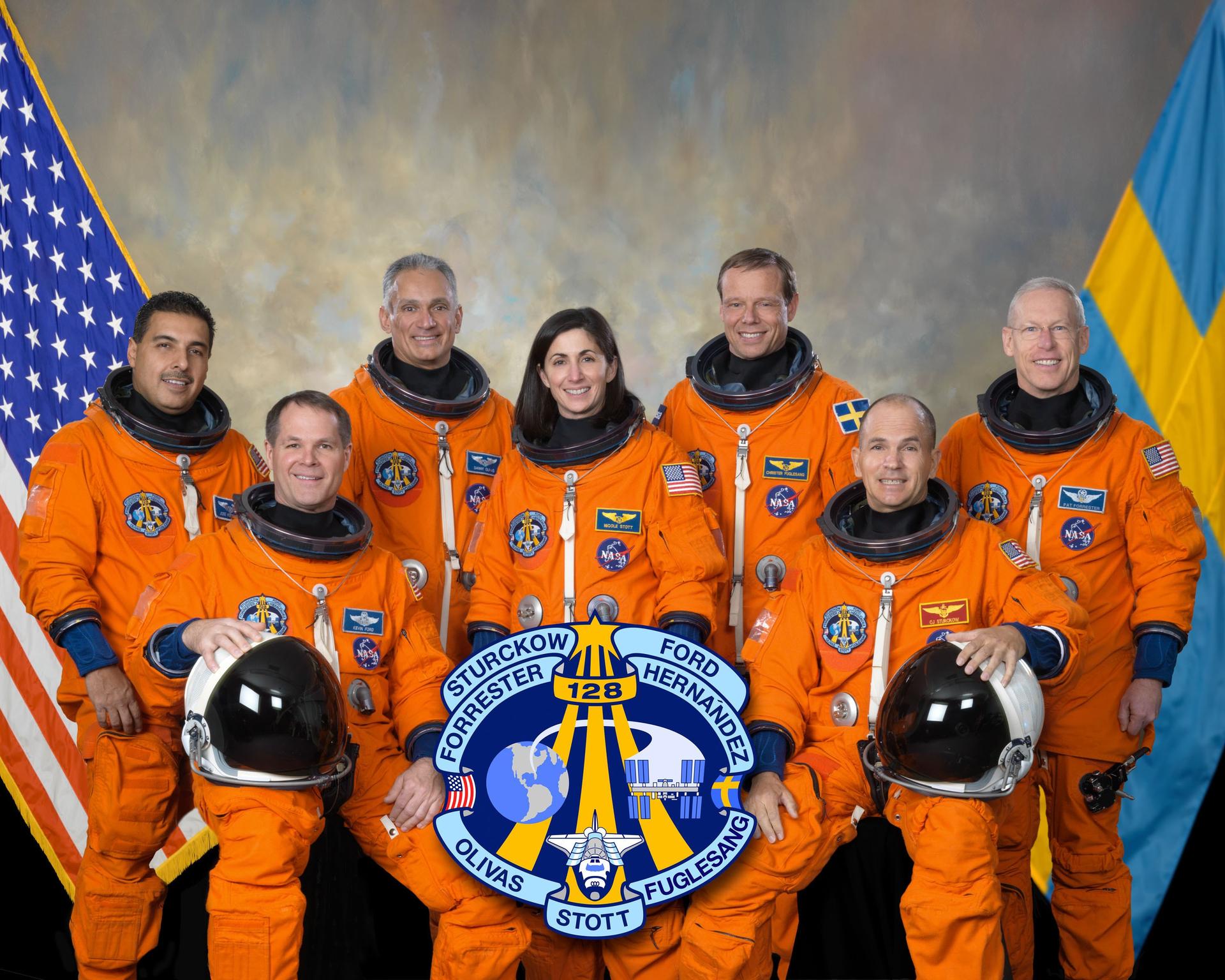
Mission Facts
Mission: Assembly and Maintenance of the International Space Station
Space Shuttle: Discovery
Launch Pad: 39A
Launched: Aug. 28, 2009 at 11:59 p.m. EDT
Landing Site: Edwards Air Force Base, Calif.
Landing: Sept. 11, 2009 at 8:53 p.m. EDT
Mission Duration: 13 days, 20 hours, 53 minutes, 45 seconds
Returned to KSC: Sept. 21, 2009
Inclination/Altitude: 51.6 degrees/122 nautical miles
Miles Traveled: 5.7 million
Crew:
Rick Sturckow, Commander
Kevin Ford, Pilot
Jose Hernandez, Mission Specialist
John “Danny” Olivas, Mission Specialist
Nicole Stott, Mission Specialist
Christer Fuglesang, Mission Specialist
Patrick Forrester, Mission Specialist
Mission Highlights
Space shuttle Discovery roared majestically into the skies over NASA’s Kennedy Space Center, Fla., moments before midnight on Aug. 28, 2009, to begin a two-day chase of the International Space Station. Discovery’s payload bay was filled with a cargo module known as Leonardo that itself was packed with experiments, scientific equipment and a treadmill that found fame as the namesake of comedian Stephen Colbert.
After nine days working with the six people living on the station, the seven astronauts of Discovery returned to their spacecraft, closed the hatches between the spaceships and Discovery began preparations to return to Earth.
Weather in Florida was not welcoming for Discovery, so after waiting an extra day in orbit to see if the conditions at Kennedy would clear, the astronauts aimed instead for Edwards Air Force Base in California. With hospitable conditions on the West Coast, Discovery began a flawless entry into the atmosphere. Veteran commander Rick “C.J.” Sturckow skillfully glided the shuttle over the Pacific Ocean and onto one of the concrete runways at Edwards at 8:53 p.m. EDT on Sept. 11.
With its additional day in space, Discovery completed 5.7 million miles in 13 days and 20 hours.
After a week of preparations by shuttle specialists, Discovery was ready to take off again, this time on the back of a modified 747 known as the Shuttle Carrier Aircraft. Just as with its return from space, however, weather did not cooperate with Discovery. After forecasters declared acceptable conditions, the 747 was able to take off from Edwards on Sept. 20 with Discovery. It took a couple days of flying over the Southeastern United States before the shuttle appeared over Florida skies again. Discovery and the 747 touched down at the Shuttle Landing Facility at Kennedy just after noon on Sept. 21. The shuttle was inside its protective hangar by the next morning to begin getting ready for its next flight.
STS-128
Retired Space Shuttle Locations
Shuttle Atlantis – Kennedy Space Center Visitor Complex Shuttle Discovery – Steven F. Udvar-Hazy Center Shuttle Endeavour – California Science…
Read the Story